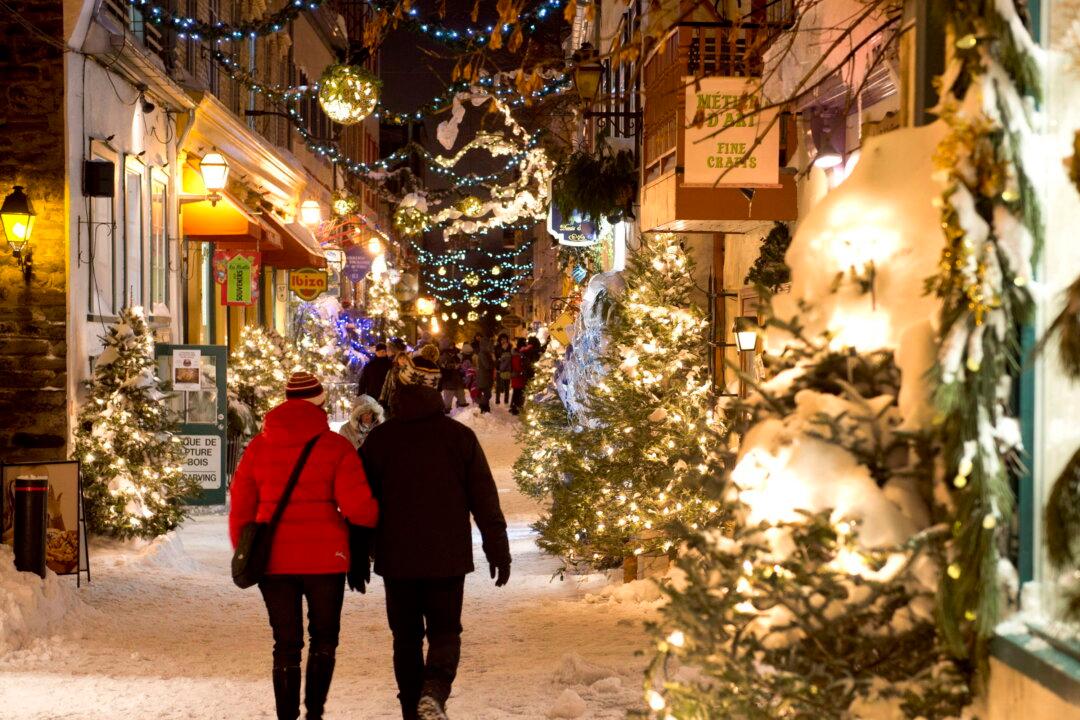Commentary
As we approach the turning of another year, amid dismal weather and worse news, I bring you greetings from the White House Lawn. Not that I’m actually there, but my own lawn at the moment features a few scraggly snow patches, a tasteless polar bear struggling to inflate, and a feeder shunned by reputable birds. Also, I’ve been listening to various Christmas-themed old-time radio programs including, most recently, FDR lighting the national Christmas tree on Dec. 24, 1941, and bringing a message of hope to a world at war in the company of one Winston S. Churchill.





